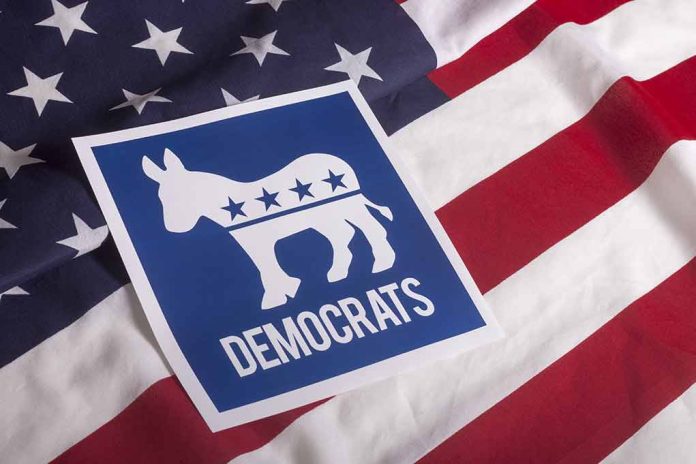
The debate over USAID’s $20 million allocation for a Sesame Street program in Iraq intensifies amidst budget cuts.
Key Takeaways
- Senator Chris Coons defends USAID’s funding for the children’s program in Iraq.
- The program’s reported cost was $20 million, generating controversy.
- The initiative aimed to teach values and promote understanding in Iraq.
- Critics question the appropriateness of this spending amidst financial constraints.
- Coons emphasizes the program as an example of “smart power” in international aid.
Senator Coons’ Defense of the Funding
The $20 million allocated by the U.S. Agency for International Development (USAID) to a children’s program in Iraq has sparked significant debate. Democratic Senator Chris Coons has been a vocal supporter of this initiative, which aims to bring educational content to children in war-torn regions. Coons argues that such efforts help teach critical values and public health knowledge, crucial for combating extremism and terrorism.
Opponents of the funding view it as an unwarranted expense, especially in a time of budget cuts. They question the reasoning behind investing such a sum in international programs when financial constraints are impacting domestic budgets. The debate has highlighted differing perspectives on the role and priorities of USAID in executing international aid and educational missions.
The Economic Context and Criticism
The Trump administration had previously aimed to close USAID, citing wasteful spending identified by the Department of Government Efficiency. In light of these historical considerations, the expenditure on the Sesame Street initiative has come under scrutiny. Critics argue that the funds could be better allocated, especially given USAID’s ongoing budget reductions.
“This isn’t just funding a kids’ show for children — millions of children — in countries like Iraq. It’s a show that helps teach values, helps teach public health, helps prevent kids from dying from dysentery and disease, and helps push values like collaboration, peacefulness, and cooperation in a society where the alternative is ISIS, extremism, and terrorism.” – Chris Coons
Despite the backlash, Coons has emphasized the importance of such expenditures, comparing the $20 million to USAID’s broader $30 billion budget. He highlighted the program’s ability to counteract extremist ideologies by fostering collaboration and peaceful coexistence among children in conflict zones.
Democratic Delaware Sen. Chris Coons expressed support Saturday for the U.S. Agency for International Development’s (USAID) use of taxpayer dollars to fund programs such as the children’s puppetry show Sesame Street in Iraq.
https://t.co/ofpXGGn1G2.— CombsJC (@RedState66) February 9, 2025
The Debate on “Smart Power”
Senator Coons cites the concept of “smart power” in defending the spending. This approach blends traditional diplomacy with financial and educational assistance, aiming to build understanding and peace in volatile regions. The show, according to Coons, is a manifestation of this strategy, designed to spread peace and counter extremist ideologies.
The program’s critics remain steadfast in their perspective that national financial resources should focus on more pressing domestic issues. The debate continues to underscore longer-standing tensions over the use of government funding and the ongoing importance of defining priorities in budget allocations.
Sources
2. Dem Senator Backs $20 Million Sesame Street Funding for Iraq Amid USAID Cuts




